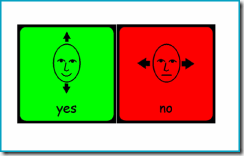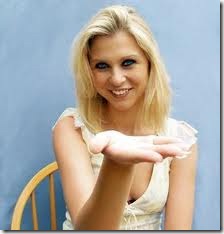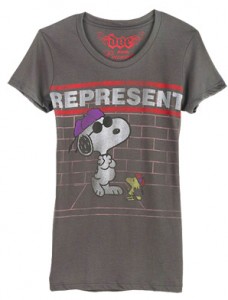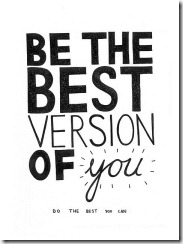Fiction-Zone: Leaps in Fiction Mastery by Diane Holmes, Chief Alchemist of Pitch University
Passion
You have 2 clever tools to Svengali readers and potential clients. “Come to me… come read my writing…”
Your Writing + You = Career
Turns out both you and your writing are alluring. Oh, baby, oh, baby.
But in order for you to be seen as alluring, you need to be able to let your passion for your writing show, and that, it turns out, is quite a difficult skill for many of us.
Do you know the art of communicating Passion…
…and inviting your potential customer to share it with you?
(And why are we all bald in this little quiz? Just go with it.)
This is PART THREE in a series where we look at the 8 ways you share your passion with your potential clients/readers.
- In PART ONE, we talked about the first four ways: #1 – #4: Mastery, Excitement, Heart, Confidence (click here).
- In PARE TWO, we explored #5: Extraordinariness (click here).
And now, the last 3 languages of influence (aka passion).
#6 Connection.
Learn to speak about your connection to the people around you, to causes, and to the world… not just to your writing. Nothing is more alluring than someone who actually likes people.
People do make the best readers.
#7 Shared Vision.
Be your own cause, your own revolution by sharing the vision you have for “how things work” or, at least, how they could work.
See the hope that doesn’t exist yet. See problems and solutions in a new way. Writers have a unique way of building a universe in their head. Sometimes the only thing that people lack is the ability to see things in a new way.
Share your mind, your vision, your practical knowledge with others.
And yes, something that relates to your writing is good.
But even if it’s not related to your writing, be interesting. Have an interesting mind. Look for the points of “new thought” that overlap between you and others.
Those points of overlap are sparks.
#8 The Hold-Your-Breath Moment of Magic.
Much of our best life experiences are being in the right place at the right time. If you’ve ever been brilliant in the wrong time or place, you know what I mean. It goes nowhere. You’re passed over, roughshod, and left like roadkill on the side of life’s highway.
And as much as this is true, the best of life is also how you see all those wrong places and times, how you see the highway and the tread marks that cover your body.
Look for these magic moments. Seize them. Relate them to others. Invite your readers along.
This is the stuff readers want to hear about in author interviews: the magic of the world and of how you see it.
We live a lot of normal in our everyday life. But we celebrate the WOW that wakes us up, inspires us, shows us who we can be, or just lets us know that that being alive is wow in itself.
Here’s a teacher, speaker, and ultimately an author who gave us all a WOW moment. May you find your own wow moments and share them with the world, or just a single reader.
Let’s get out of so much normal and have more wow.
—
 Diane writes two alternating columns for Freelance-Zone:Fiction-Zone: Leaps in Fiction Mastery and Marketing-Zone:Marketing-Zone: Marketing Yourself and Your Book.
Diane writes two alternating columns for Freelance-Zone:Fiction-Zone: Leaps in Fiction Mastery and Marketing-Zone:Marketing-Zone: Marketing Yourself and Your Book.







